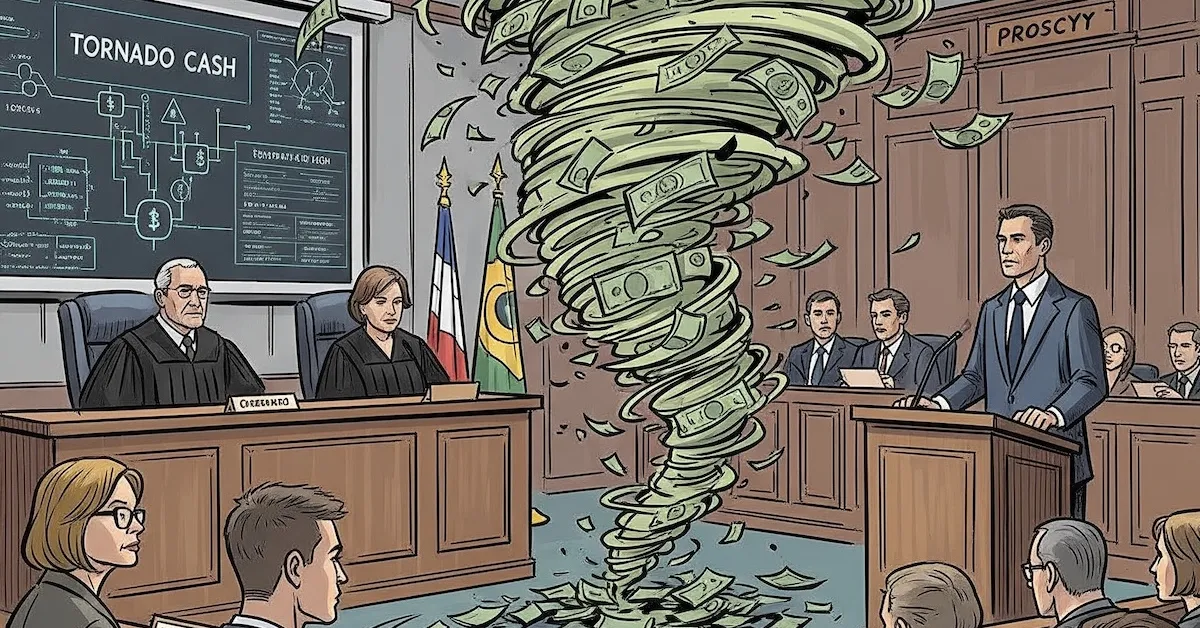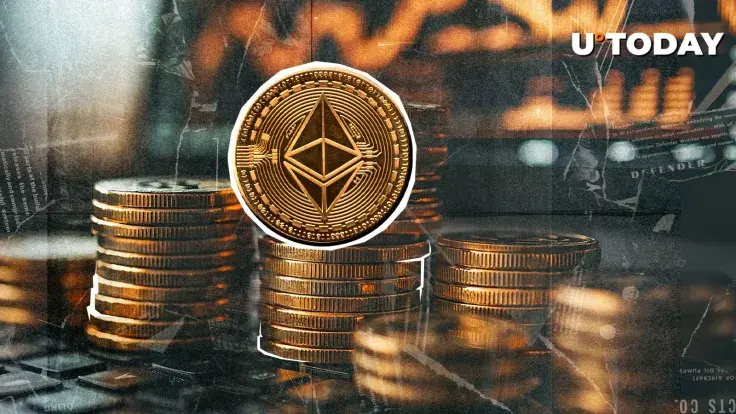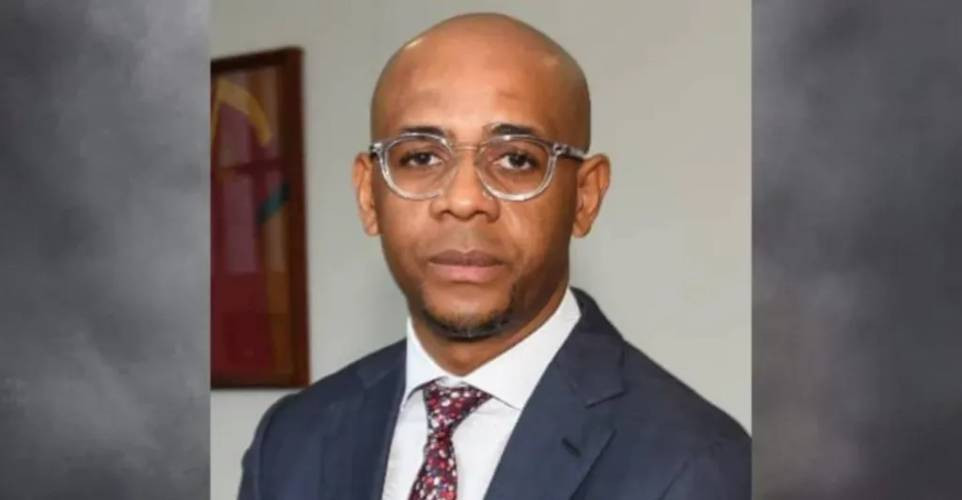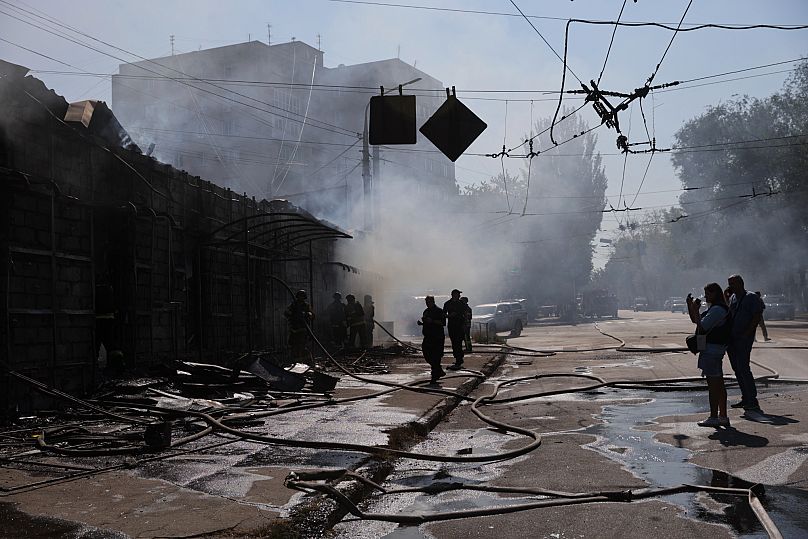Global Chessboard: Trump Navigates Ukraine-Russia Tensions

In a significant diplomatic move, Karol Nawrocki, the newly inaugurated President of Poland, embarked on his first international visit to the United States, underscoring Poland's commitment to strengthening its strategic partnership with Washington. This visit, highlighted by a scheduled meeting with US President Donald Trump at the White House on September 3, 2025, aims to delve into crucial aspects of bilateral relations, security cooperation, and the future of NATO. The invitation from President Trump, conveyed through Pawel Szefernaker, head of the President's Cabinet, came on the day of Nawrocki's swearing-in, signaling the high priority placed on this alliance. The war in Ukraine and security concerns along the Belarusian border have profoundly shaped Poland's foreign policy, with both presidential candidates emphasizing robust transatlantic cooperation during their campaigns. Nawrocki's prior engagement with the Polish community in Chicago and an earlier meeting with Trump in the Oval Office following a National Day of Prayer event further solidify these ties. Senior US officials, including Kelly Loeffler from the Small Business Administration, attended Nawrocki's inauguration, reaffirming US commitment to the alliance, economic cooperation, and shared security objectives. The symbolic gift of an eagle sculpture from the US delegation to Nawrocki further underscored the close bond between the two nations.
The question of the US as a guarantor of lasting peace for Poland resonates deeply, particularly given the ongoing conflict in Ukraine. Many Polish conservative politicians have welcomed Trump's policies, seeing US support as indispensable for regional stability. Former Prime Minister Morawiecki and current President Andrzej Duda have both voiced strong sentiments about the US's crucial role in halting Russian aggression. Duda, notably, was the first international leader to visit Trump at the White House after his inauguration. However, Polish public opinion on the US is nuanced; while 85% recognize the US's global military might, a recent survey indicated that only 20% believe the US has a positive influence on international politics, the lowest recorded since 2006. Furthermore, only 31% of Poles rate Polish-US relations as "good," marking the lowest score since the fall of communism.
Key figures within the Trump administration have consistently lauded Poland's commitment to security spending and migration policy, with US Secretary of Defense Pete Hegseth describing Poland as a "model NATO ally." Secretary of State Marco Rubio also affirmed the strong partnership, stating, "Poland and the United States stand together as partners in building a safer and more prosperous future for our peoples."
Meanwhile, the complex issue of the Russia-Ukraine war and its potential resolution dominated the international diplomatic landscape. A summit between Donald Trump and Vladimir Putin in Alaska generated widespread speculation about potential territorial alterations in Ukraine. Since 2014, Russia has annexed Crimea and supported separatists in the eastern Donbas region (Donetsk and Luhansk), leading to an eight-year simmering conflict. The full-scale invasion in February 2022 saw Russia seize significant territories, including parts of Zaporizhzhia and Kherson. Although Russia's control has reduced from 27% to about 20% of Ukrainian territory since spring 2022, advances continue in the east, albeit slowly and at high cost. Trump's proposals for "territorial swaps" in the run-up to the Alaska summit sent shockwaves across Kyiv and Europe, raising concerns about the legal status of Ukrainian land and the potential for a forced concession.
Ukraine, under President Volodymyr Zelensky, has vehemently rejected the idea of ceding territory without robust security guarantees. For Kyiv, surrendering regions like Donetsk and Luhansk, where tens of thousands of Ukrainian soldiers have died defending cities such as Kramatorsk and Slovyansk, would be a "tragedy." These regions are rich in minerals and industry and hold significant cultural and identity importance for Ukraine. Polling by the Kyiv International Institute of Sociology indicates that approximately 75% of Ukrainians oppose formally ceding any land to Russia. While war fatigue is evident, leading some to prioritize human lives over territory, the constitutional implications and the risk of further Russian aggression make concessions highly problematic. Any formal handover of territory would require parliamentary approval and a public referendum, a process currently ill-defined.
Following the Trump-Putin summit, a high-stakes meeting convened at the White House with President Zelensky and a coalition of European leaders, including Sir Keir Starmer, French President Emmanuel Macron, and German Chancellor Friedrich Merz. This gathering aimed to ensure Ukraine's direct involvement in any peace deal and to secure "cast-iron" security guarantees, preventing any agreement from being brokered without Kyiv's consent. European leaders, wary of Trump's personal rapport with Putin, were determined to present a united front and impress upon the US president that international borders cannot be changed by force. While Trump appeared open to providing US security guarantees, the specifics, such as whether it would involve "air support" rather than American soldiers on the ground, remained vague. European leaders are pressing for clarity on these commitments, as they view a credible American pledge as essential for long-term security against potential future Russian attacks.
Discussions around security guarantees for Ukraine involve a spectrum of options, short of full NATO membership, which Trump has ruled out. These include policing Ukraine's airspace from neighboring Poland or Romania with US participation, securing the Black Sea to protect commercial vessels, and providing military support in training, intelligence, and logistics to help rebuild Ukraine's army. The challenge lies in crafting guarantees robust enough to deter future Russian aggression without provoking further conflict or World War Three. Military experts emphasize that any future "reassurance force" would require significant US input. Despite hints of US air support, Trump's shifting positions have left many skeptical about the sincerity and long-term commitment of American assurances. Many believe that Putin will only abide by an agreement if compelled, and the West has not been firm enough in its stance. The "Coalition of the Willing" remains a political aspiration, its resolve to be tested in the coming months.
The diplomatic interactions surrounding the Ukraine conflict also bring into focus broader discussions on the nature of modern diplomacy. Drawing on the insights of late Indian strategic thinker K. Subramanyam, there is a critique of "pageantry diplomacy" or "huglomacy"—a style characterized by performative gestures such as Prime Minister Narendra Modi's "hugs" with world leaders or Donald Trump's aggressive handshakes—which is seen as prioritizing optics over substance and gritty negotiations. This approach is contrasted with a more traditional, sober diplomacy focused on national interests and accountability, rather than the deification of political figures. The perceived failure of the "Trump-Modi connect" to deliver tangible benefits for India, despite initial high hopes, is cited as an example of style over performative strategy. This critical perspective underscores the importance of concrete outcomes and genuine strategic reciprocity in international relations, rather than reliance on personal chemistry or superficial displays, especially in high-stakes geopolitical negotiations such as those concerning the future of Ukraine.
You may also like...
2026 Jeep Cherokee Unveiled: Specs, Price, and Heritage Revival Spark Debate

Jeep re-enters the compact SUV market with the all-new 2026 Cherokee Hybrid, boasting a boxy XJ-inspired design and an e...
Mercedes-AMG GT XX Shatters EV Record, Dares Tesla to Catch Up

Mercedes-AMG's Concept AMG GT XX shattered 25 electric vehicle records during an ultramarathon run at Nardò, covering th...
Tornado Cash Trial Concludes with Guilty Verdict, Crypto Community Seeks Answers

The Tornado Cash trial has concluded with co-founder Roman Storm found guilty of conspiracy to operate an unlicensed mon...
Ethereum Skyrockets to New All-Time High, Legendary Trader Calls It 'Powerful'

Ethereum (ETH) has soared to a new historic peak of $4,885, marking its first all-time high in nearly four years, follow...
AI's Untamed Momentum: Nvidia's Explosive Growth & Future Outlook

AI chipmaker Nvidia's third-quarter revenue forecast surpassed Wall Street estimates, driven by strong demand for its ch...
Trade War Escalates: India Reacts to Crushing US Tariffs on Exports

India is responding to new US tariffs that will affect 55% of its merchandise exports by implementing national strategie...
Thai-Cambodian Border Boiling Point: Fake News, Assassination Plots, and Land Disputes Fueling Tensions

Tensions persist along the Thai-Cambodian border, fueled by accusations of assassination plots, alleged landmine deploym...
Shockwave in Equatorial Guinea: President's Nephew Jailed in Sex Tape Embezzlement Scandal

Equatorial Guinea's former financial investigation agency head, Baltasar Ebang Engonga, has been sentenced to eight year...
:max_bytes(150000):strip_icc()/Health-GettyImages-1239099323-30991676ea1b48f8a3555d8a9b7b2bcf.jpg)

' class='img-responsive text-center' style='margin: auto;'.com/vi/4v0dc3VVEUM/hq720.jpg?sqp=-oaymwEhCK4FEIIDSFryq4qpAxMIARUAAAAAGAElAADIQj0AgKJD&rs=AOn4CLBXygc3IwAq5wYwwCH_yktQ8ZhSaA)
